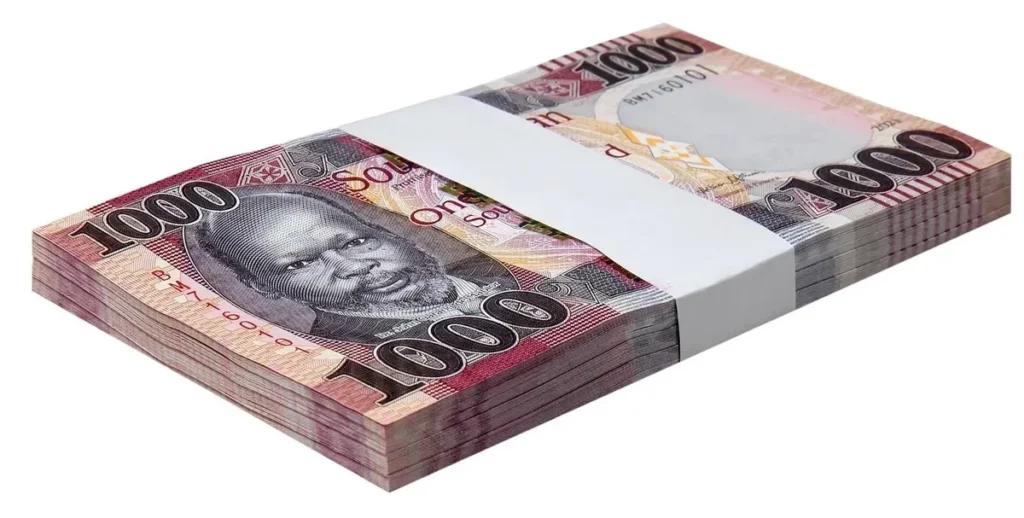South Sudan, the world’s youngest nation, gained independence from Sudan in July 2011 after decades of civil war. With vast natural resources coupled with the third-largest oil reserves in sub-Saharan Africa, the country seemed promising in terms of wealth. However, the early optimism quickly gave way to turmoil.
A political crisis in December 2013 sparked a brutal civil war that has continued intermittently, leading to the loss of thousands of lives, mass displacement, and the collapse of essential state functions.
Despite the 2018 Revitalized Peace Agreement (R-ARCSS), the country remains trapped in a cycle of political instability, ethnic violence, and economic stagnation as well as transhumance pastoralism affecting the economic activities such as agriculture in Central Equatoria, Western Equatoria and Eastern Equatoria states. For over a decade, South Sudan has failed to transition to a peaceful, economically viable nation.
The people of South Sudan are suffering primarily due to a mix of structural, political, and economic failures. Years of war have destroyed infrastructure development, displaced millions, and eroded traditional livelihoods. Today, the majority of the population survives on humanitarian aid. Poverty is widespread, basic services are virtually non-existent, and inflation has eroded the value of the South Sudanese Pound (SSP).
Corruption is rampant, governance is weak, and public institutions have largely failed to deliver on the promises of independence. Instead of using oil revenues for development, the elites have enriched themselves while the general population languishes in hunger, disease, and hopelessness within the country. Others have chosen to flee the country.
The prolonged suffering has translated directly into economic underdevelopment. Nearly all sectors, from health and education, to agriculture and trade, are under-resourced and mismanaged. Agriculture, which should be the backbone of the economy, is severely underdeveloped due to insecurity, displacement, and lack of access to farm inputs. With most arable land either abandoned or controlled by armed groups, food production is minimal, leading to dependence on costly imports and humanitarian food assistance.
The lack of industries further compounds the problem. South Sudan imports almost everything, from soap and fuel, to building materials and school supplies. There is no functional manufacturing sector. The collapse of national institutions, including the power and transport systems, has made industrial investment nearly impossible.
South Sudan formally joined the East African Community (EAC) in 2016, a move that was expected to bolster trade, attract investment, and create economic integration. However, due to poor governance, insecurity, and a lack of infrastructure, South Sudan has failed to benefit meaningfully from the bloc. Borders remain poorly managed, inter-state trade is minimal, and South Sudan’s exports to neighboring countries are negligible.
Rather than enhancing economic integration, EAC membership has further exposed South Sudan’s weak economy to competition from stronger neighbors like Kenya and Uganda, whose goods flood South Sudanese markets while local producers struggle to survive.
It has been noticed that corruption, bribery, and hoarding have admitted ‘ghosts’ into the system to malfunction South Sudan economically. The economic system in South Sudan is deeply corrupt. Bribery and nepotism are embedded at all levels of public service. Government officials routinely divert public funds into private accounts, while businesses are forced to pay bribes to operate. The lack of accountability has created a culture of impunity, where public service is seen as a pathway to wealth accumulation rather than national service.
Many households and elites hoard cash, especially in US dollars, in their private homes, warehouses, and foreign banks. This limits liquidity in the formal banking system and stifles investment. Local banks remain undercapitalized, credit is scarce, and confidence in the banking system is at an all-time low.
Without calmness in South Sudan, there will be no peace and prosperity. Three attributes would propel peace as well as co-existence amongst the South Sudanese. The three; patriotism, nationalism and unity, are critical in enabling co-existence within the country. Peace is the cornerstone of any economic development. However, in South Sudan, peace remains elusive. Ongoing intercommunal violence, political rivalries, cattle raiding, and banditry continue to threaten lives and disrupt livelihoods. Large portions of the country are inaccessible due to insecurity, making it impossible for farmers, traders, and humanitarian agencies to operate safely. With the widespread displacement and fear, people are unable to plant, harvest, or transport goods. This is not only increases hunger, but has also disrupted local markets, further driving up prices and making survival unaffordable for the average citizen.
It is vital to note that an Economic Tsunami is approaching, and one should not think that it is being caused by a natural disaster. It is caused by human greed, poor governance, and systemic failure. Unless urgent reforms are made to curb corruption, strengthen peace, promote local manufacturing, and rebuild trust in institutions, the suffering of the people will only intensify.
The oil that was once seen as a blessing is now a curse, enriching a few while the majority starve. The young population is full of potential but has few opportunities in a collapsed job market. While the world watches, South Sudanese citizens continue to ask: When will the promise of independence finally be fulfilled?
It is time the leaders rose above tribal loyalties, personal enrichment, and foreign dependency, and invested in a South Sudan that serves all its people.
The writer, Mogga Loyo, is a social researcher and peace advocate. He can be reached via mogtomloyo@yahoo.co.uk
The views expressed in ‘opinion’ articles published by Radio Tamazuj are solely those of the writer. The veracity of any claims made is the responsibility of the author, not Radio Tamazuj.




